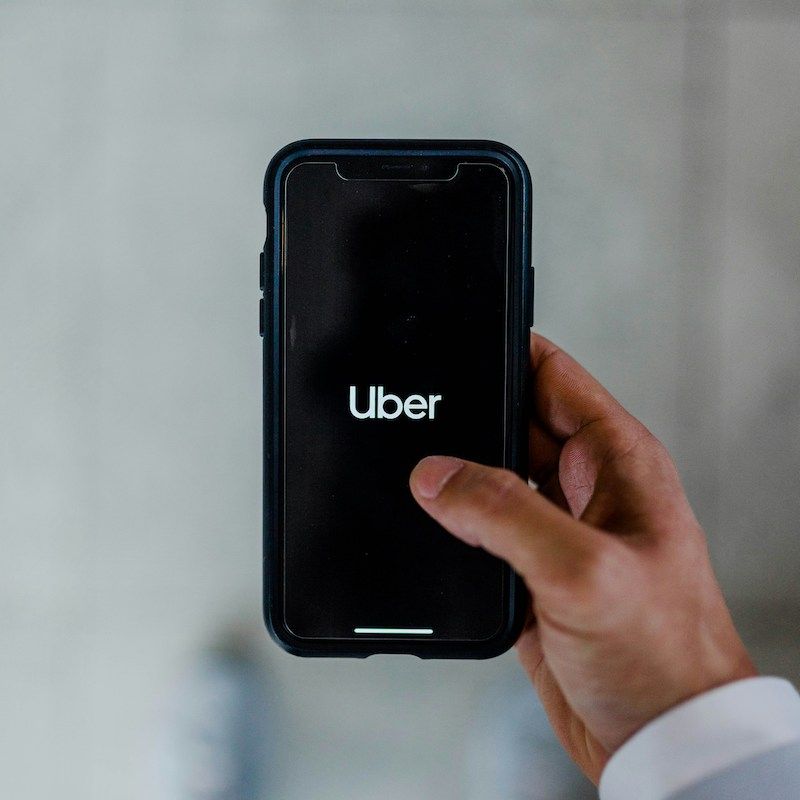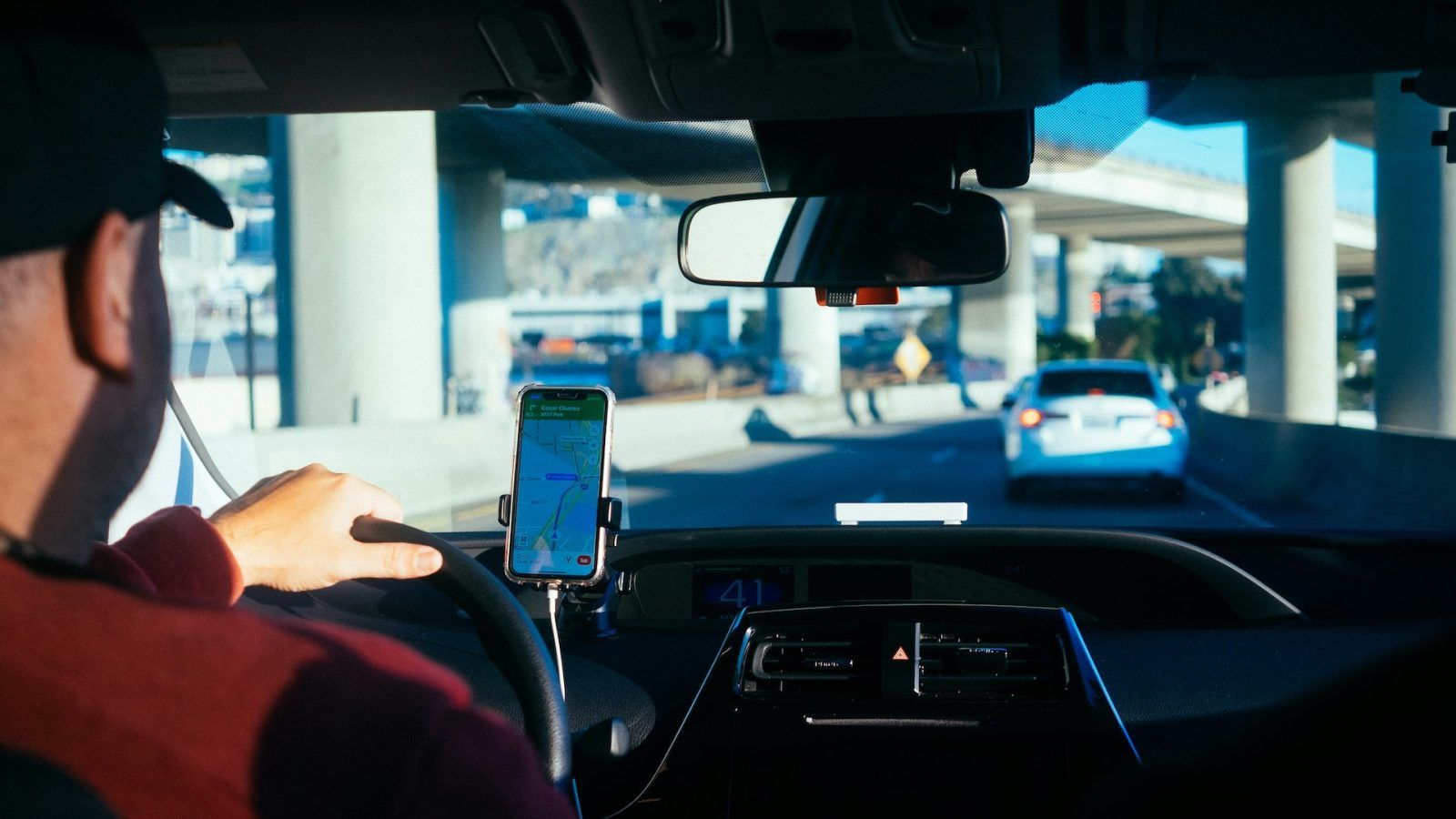A decade after launching in Hong Kong, the government is looking to implement regulations on ride-hailing services such as Uber.
The Transport and Logistics Bureau is working on a proposal of regulations for ride-hailing services, primarily Uber. Under the proposal, thousands of Uber drivers in the city might not be able to continue offering services legally, losing their source of income.
Proposed regulations for ride-hailing services like Uber
The new regulations for ride-hailing services like Uber will require vehicles to have a license before operating. Drivers will have to complete health checks and background screenings. Service providers will also need to purchase insurance for the vehicles and passengers.
However, there are only 1,500 hire car permits from the government available for ride-hailing services. Meanwhile, Uber employs over 10,000 drivers across the city. The bureau has stated that it has no intention of raising the quota.
If the proposal is passed in its current state, the regulations would leave thousands of Uber drivers without a license, barring them from providing services legally. Additionally, it would drive up the prices of Uber’s services, making it a high-end transport service option. Taxis would become more affordable in comparison, but complaints about its poor services still plague them. That might change with the arrival of premium taxi fleets next year, but only time will tell.
Moreover, the proposal looks to amend existing laws to impose increased penalties. This includes seizing vehicles suspected to be operating illegally to deter people from using or providing illegal ride-hailing services. Drivers convicted of driving-related offences under the Road Traffic Ordinance will also have their driver’s license suspended for one year. Currently, the law does not specify the period of suspension.
For now, the Transport and Logistics Bureau will conduct a study on commuter needs before finishing the proposal. The study should take around 12 months. This means some details might change by next year when the proposal is expected to be completed.

Uber in Hong Kong
In the past decade, Uber has gained popularity among people looking for an alternative to taxis. Hong Kongers often view taxis as providing poor services. The Transport and Logistics Bureau reported a 90 per cent increase in complaints about taxi services from 2020 to 2022. Received complaints include rude drivers, overcharging, and dangerous driving. On the other hand, Uber provides convenience in the form of cashless payments and an overall better customer experience.
Taxi drivers have protested the government’s lax approach to Uber since the app’s arrival in Hong Kong. Taxi drivers’ profits have gone down, as well as the value of their taxi licenses. It was once worth around HK$7.3 million in 2015, but now, a taxi license is worth around HK$2.8 million.
(Images: Austin Distel and Paul Hanaoka via Unsplash)












